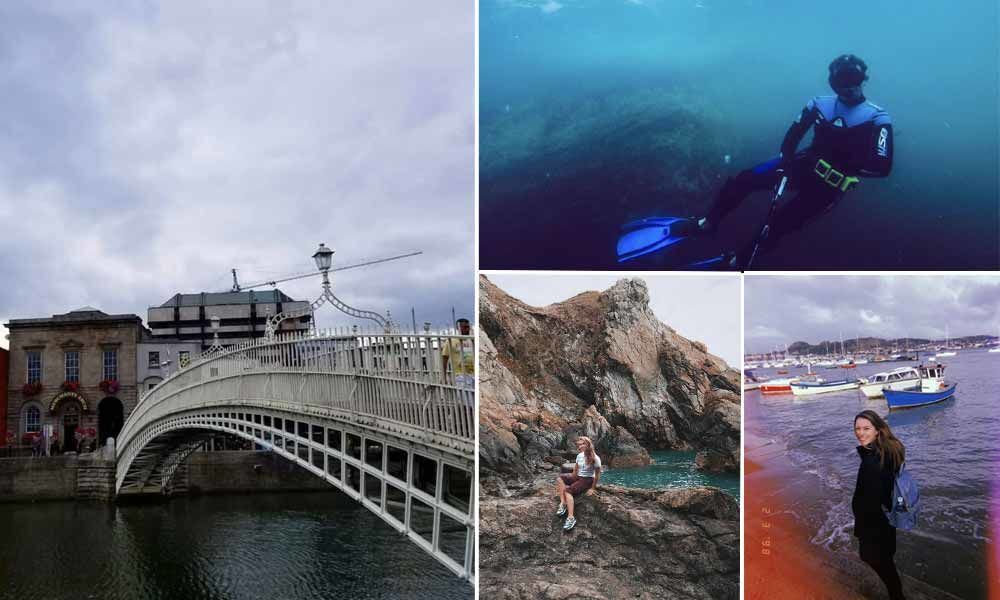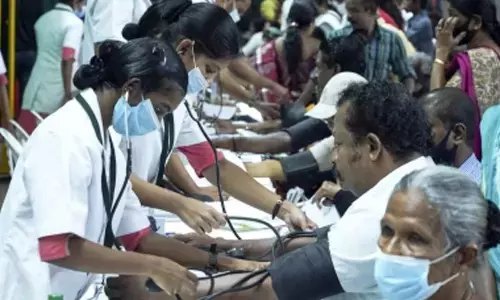Holiday destinations in Europe: the hills resound to the sound of Austria

Dressed in a suit, the helmet tight to the head, I launch on rocks and I hide under waterfalls, before going back to remake, a few meters further downstream.
Dressed in a suit, the helmet tight to the head, I launch on rocks and I hide under waterfalls, before going back to remake, a few meters further downstream.
"When it rains," cries our guide, Maximillian, "we hope the lakes will fill up quickly! Because then ... it stops!
The rain has a lot to do, according to the claims of 170 lakes in the region (the tourism office says there are 76).
We stay at Lake Fuschl. It's a three-hour trek (7.5 miles) around its turquoise waters. Fuschl is the gateway to the Salzkammergut in Austria, the Lake District.
The sleepy village has vanilla-coloured houses, carved wooden balconies, and planters filled with geraniums.
Nighttime entertainment consists of a 64-piece brass band performing in traditional costume twice a week on the paved square. It is an impressive show, with a public appreciation stimulated by the schnapps sold by women in wooden purse-style barrels.
At the western end of Lake Fuschl, you will find the Schloss Fuschl, a 15th-century castle, now a luxury hotel and a small fishery known for its birch-smoked trout.
One of the workers opens a small shed where the fish are carefully stored. We sit at the restaurant and try it. It is delicately smoked and melts in the mouth.
A mist of drizzle dissipates rapidly (seeming to confirm a peak of 76 lakes) and Lake Fuschl sparkles. Some say it's because an unsuspecting soldier threw his treasure of silver coins into the waters, with the goal of recovering them at the end of the Second World War.
Lake Wolfgang is another popular lake in the area, with St Wolfgang, St Gilgen and Strobl holiday resorts on its shores.
Among St. Gilgen's cottage-style buildings is Mozart's house, though the composer never lived there. In fact, he did not even visit the city. But her mother was born in the house and her sister, Nannerl, settled there after her marriage.
The museum was formerly the residence of the tax collector and judge of St Gilgen. It has a fascinating collection of iron handcuffs and 17th-century spending claims for executions.
On a lighter note, Do-Re-Mi from Sound Of Music was filmed in a nearby meadow, although I was unable to determine which one.
From St Gilgen, we took a ferry to Strobl at the bottom of the lake. Ferries have been operating on Wolfgang Lake since imperial times. We went through boathouses and tiny bays.
Strobl has a Baroque church with old wrought iron crosses in its cemetery. In the surrounding hills, a deer park serves local products for lunch: lake trout, neighbouring Abersee cheeses, honey from the Alps and inevitable smoked deer and roasts.
To the west of Strobl is the Blinkingmoos Nature Reserve where we follow a cycle path through meadows, swamps, and forests. It is an easy walk on well-marked trails. The clouds descend slowly in the mountains and the lake plays hide-and-seek through the trees.
We go to St Wolfgang at the foot of the Schafberg mountain. In fine weather, you can take what is said about the oldest steam rack train in Europe, built-in 1893. St Wolfgang is a place of pilgrimage, centred on its 14th-century church.
The legend says that the saint persuaded the devil to help build it, promising in return the soul of the first living visitor of the church.
Apparently, the devil flew through the roof of anger when he discovered that this visitor was a wolf. I imagine it was metaphorical because there is no trace of the saint beginning to rebuild.
St Wolfgang is also known for the White Horse Inn, a source of inspiration for a play that became a hit on Broadway in the 1930s.
The musical, of the same name, was inspired by a butler whose painful courtesies from his boss at breakfast entertained a theatre director who was staying there.
As for Jane and me, it was a mix between the inn's apple strudel and the richest sachertorte. We ordered one each and one to share.
Then we sat on the terrace at the edge of a sparkling lake and discussed what it was like to be courted. And that, of course, is another story.
















